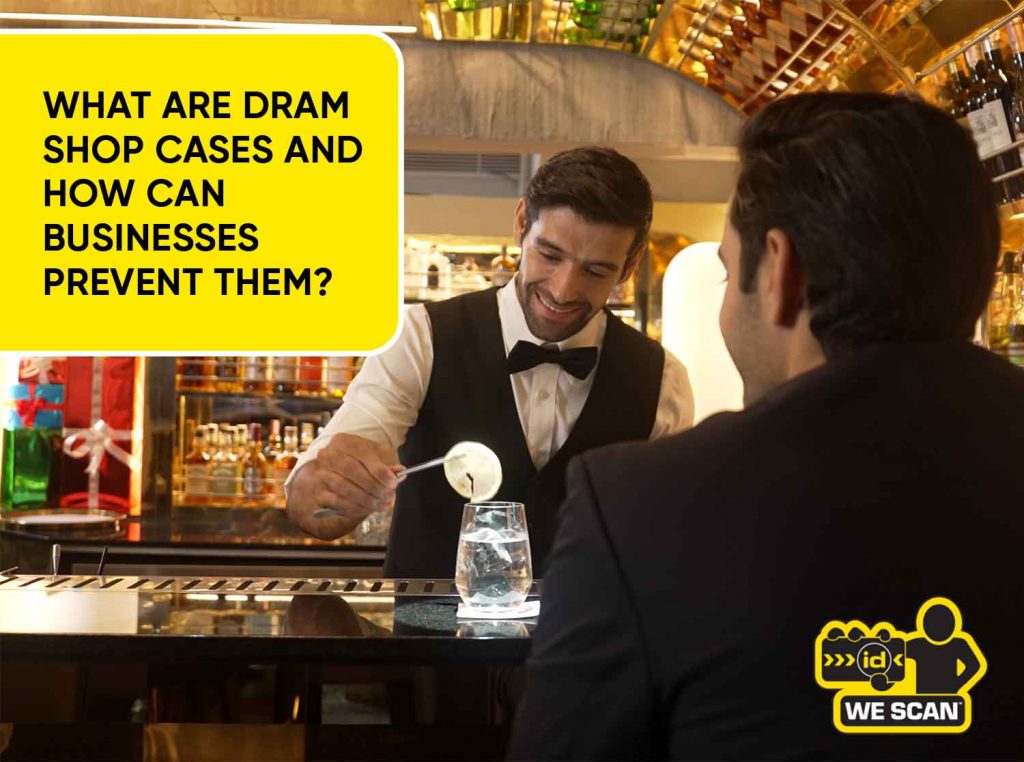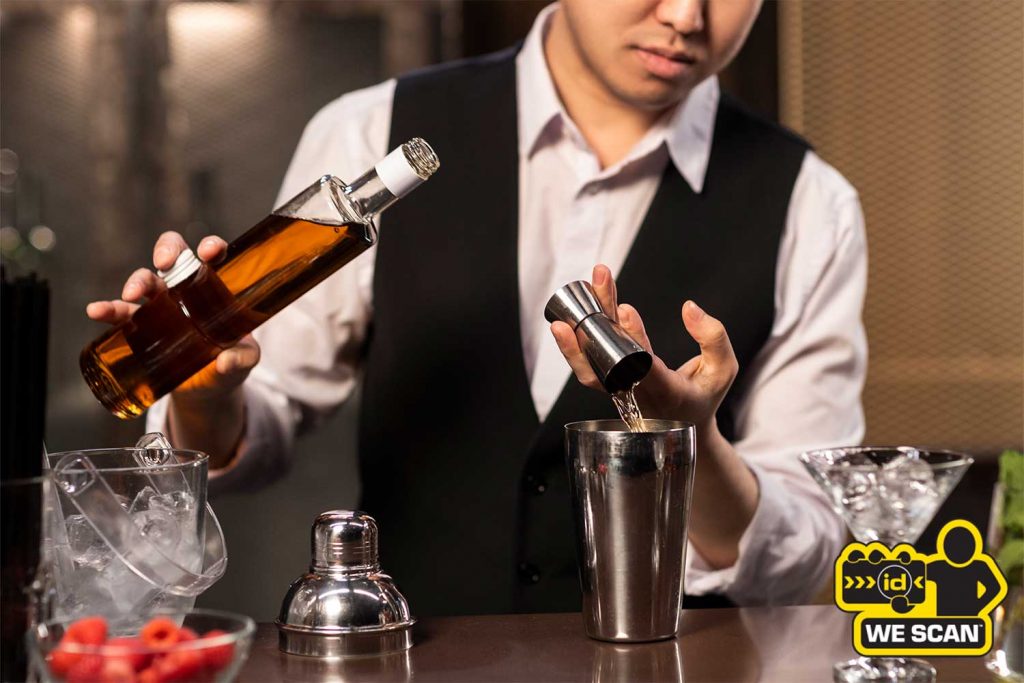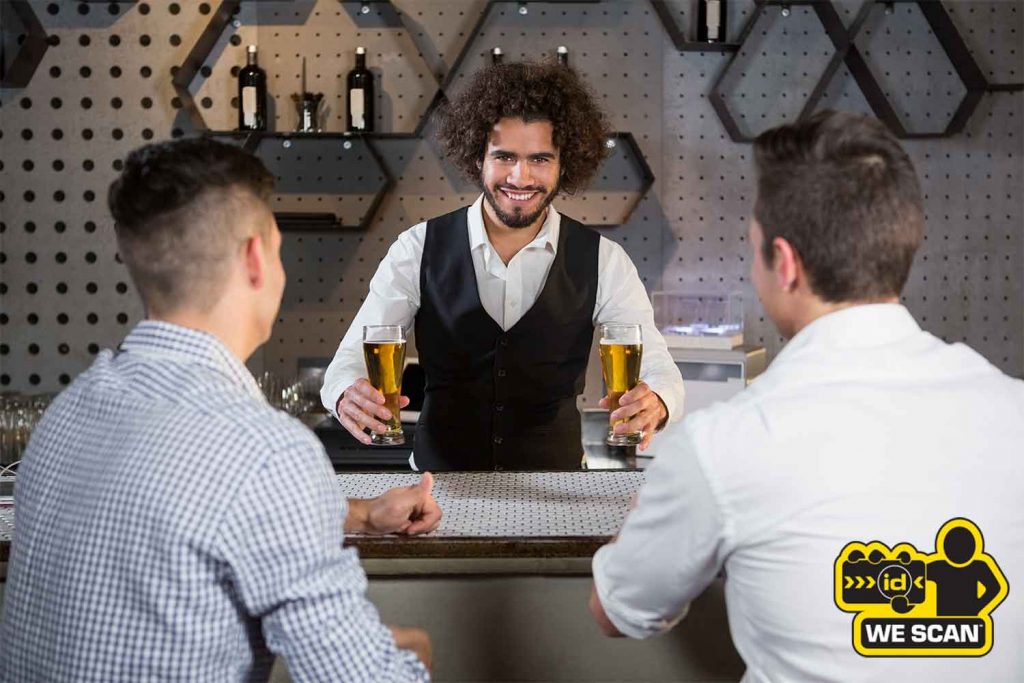Serving alcohol is a serious responsibility. Dram Shop laws hold bars, restaurants, and other establishments legally accountable for overserving visibly intoxicated patrons who later cause harm to themselves or others. These laws aim to reduce incidents such as drunk driving and alcohol-related violence by encouraging responsible alcohol service.
Understanding Dram Shop liability is crucial for bar owners and managers. A single lawsuit can result in devastating financial losses, license revocation, or even permanent business closure. Additionally, it can damage a company’s reputation and erode customer trust.
This article explains what Dram Shop cases are, how the laws work, and outlines legal responsibilities for alcohol-serving businesses. It also offers practical strategies to mitigate liability—such as staff training, service policies, and liquor liability insurance—so you can protect your business while ensuring customer safety.

What Is a Dram Shop Case?
A Dram Shop case is a legal claim against a business for serving alcohol to someone who is already visibly intoxicated and who later causes injury, death, or property damage. These cases often arise from incidents like car crashes, fights, or falls caused by intoxicated individuals.
Laws differ by state and province, but the general principle is consistent: if an establishment continues to serve a visibly intoxicated patron, it may be held liable for resulting harm. In some jurisdictions, serving alcohol to minors—regardless of whether they appear intoxicated—is also grounds for liability.
Discover the Right Security Solution for Your Business
Take the next step toward smarter, more reliable protection. Whether you’re managing a single facility or multiple sites, our integrated security systems are designed to scale with your needs.
Explore Our Solutions →
How Do Dram Shop Cases Arise?
Most Dram Shop lawsuits stem from over-service. A typical case involves:
- A visibly intoxicated customer is served additional alcohol.
- The customer leaves and causes harm—often in a drunk driving accident.
- Victims or their families sue the establishment for contributing to the incident.
Dram Shop Laws Explained

Dram Shop Laws exist to ensure alcohol-serving establishments act responsibly. The term “dram shop” comes from 18th-century England, where alcohol was sold by the dram—a small unit of measurement.
Today, these laws exist in many U.S. states and Canadian provinces. Some impose strict liability, meaning intent doesn’t matter; others require proof of negligence in serving alcohol to an intoxicated person.
First-Party vs Third-Party Liability
Dram Shop cases typically fall into two categories:
- First-Party Claims – The intoxicated individual sues the establishment for harm they suffered. Many states disallow these claims, except in cases involving minors or other special circumstances.
- Third-Party Claims – More common. These occur when an intoxicated person injures someone else. The injured party (or their family) may sue the establishment for overserving the patron.
Customized Security Starts Here
Your business isn’t one-size-fits-all—your security shouldn’t be either. From intrusion detection to advanced surveillance, we tailor solutions to match your environment and priorities.
View Our Solutions Now →Business Impact of Dram Shop Laws
Violating Dram Shop laws can result in:
- Civil Lawsuits – Leading to high legal costs and settlements.
- Liquor License Revocation – Losing the right to serve alcohol can shut down a business.
- Fines & Penalties – Some states impose steep financial penalties.
- Reputational Damage – Negative press can hurt customer trust and long-term profitability.
To stay compliant, businesses must:
- Train staff to recognize intoxication.
- Verify IDs carefully.
- Enforce refusal-of-service policies.
- Carry appropriate insurance coverage.
Legal Responsibilities of Bar Owners
Bar owners and managers are legally required to serve alcohol responsibly. To reduce the risk of liability, they should:
Key Duties Include:
- Preventing Overservice – Train staff to recognize signs of intoxication like slurred speech or poor coordination. Use software to monitor and limit the number of drinks a customer can consume.
- Refusing Service to Minors – Even if a fake ID is presented, serving underage customers is illegal. ID scanners can help prevent this.
- Monitoring Alcohol Intake – Watch for changes in behavior and slow down or stop service when necessary.
- Handling Intoxicated Customers – Have clear policies and integrated systems set up for cutting off service and arranging transportation home.
Overservice Risks
Consequences of failing to comply include:
- Lawsuits and Settlements
- Liquor License Suspension or Revocation
- Fines or Criminal Charges
- Long-term Brand Damage
Alcohol Server Training & Certification

Many states require certified alcohol server training. These programs help staff:
- Recognize signs of intoxication.
- Follow ID verification procedures.
- Understand legal liabilities.
Popular programs include:
- TIPS (Training for Intervention Procedures) – Teaches responsible alcohol service techniques.
- ServSafe Alcohol Certification – Covers legal responsibilities, alcohol effects, and intervention strategies.
- State-Specific Programs – Some states, like Texas (TABC Certification) and California (RBS Training), have their mandatory certifications.
Secure Your Operations with Confidence
Minimize risk, enhance control, and ensure peace of mind with Wescan IDS. Our end-to-end services cover design, implementation, and ongoing support—so you can focus on what you do best.
Learn More About Our Solutions →
Preventing Dram Shop Cases: Best Practices
Proactive measures reduce liability and improve patron safety:
-
Enforce Responsible Alcohol Service Policies
- Cut off visibly intoxicated customers.
- Provide food and non-alcoholic beverages.
- Avoid excessive drink promotions.
-
Enact Integrated Drink Tracking Software
- Restrict number of standard drink units served
- Monitor table drink count to check for intoxication
- Require manager overrides for alcohol service if drink limit is passed
-
Train Staff Thoroughly
Training should cover:
- Behavioral and physical intoxication indicators.
- How to refuse service tactfully.
- Legal implications of Dram Shop liability.
-
Use ID Verification Technology
- Scan IDs to verify age and deter fakes.
- Apply a “Check ID if under 30” policy.
- Enable POS to prompt for age verification for alcohol service
-
Establish Protocols for Handling Intoxicated Patrons
- Document incidents involving overservice.
- Offer transportation via rideshare or taxi services.
- Involve security or law enforcement for escalated situations.
Liquor Liability Insurance: Why It Matters
Liquor liability insurance provides crucial protection for alcohol-serving businesses. It covers:
- Legal Fees & Settlements – If your business is sued for overserving a patron who later causes harm, this insurance helps cover attorney costs, court fees, and settlements.
- Medical Expenses & Damages – If an intoxicated customer injures someone on or off your premises, liquor liability insurance can help cover medical costs and property damage claims.
- Assault & Battery Coverage – Some policies cover incidents where intoxicated patrons get into fights, reducing your liability for injuries caused.
- Employee Liquor Liability – If an employee serves alcohol irresponsibly, the policy may cover the resulting damages.
Choosing the Right Policy:
- Evaluate coverage limits and state requirements.
- Include assault & battery and employee negligence coverage.
- Select a reputable insurer with experience in hospitality.
- Balance cost vs. risk based on your business size and location.
Final Takeaways
Dram Shop laws place serious responsibility on alcohol-serving businesses. To reduce liability, you must:
- Implement responsible service policies.
- Enact software to monitor ordering to enforce drink limits
- Train and certify all staff.
- Enforce strict ID verification.
- Develop internal handling procedures for intoxicated guests.
- Maintain liquor liability insurance.
WE SCAN offers advanced responsible alcohol sales solutions integrated with your POS to verify age on IDs along with monitoring drink counts—helping your business maintain compliance, reduce risk, and create a safer drinking environment.
Remember: compliance isn’t just a legal obligation—it’s smart business.
FAQs
What is a Dram Shop case, and how does it affect bars and alcohol sellers?
A Dram Shop case arises when an alcohol-serving business is sued for overserving a patron who later causes harm. It can lead to lawsuits, fines, and reputational damage, affecting the establishment’s ability to operate legally.
How can a bar or nightclub be held liable in a Dram Shop lawsuit?
A bar can be held liable if it serves alcohol to an already intoxicated person who later causes harm. This includes drunk driving accidents, injuries, or violence linked to the overserved customer.
What steps can businesses take to prevent Dram Shop liability?
Businesses can prevent liability by implementing responsible alcohol service policies, training staff to recognize intoxication, enabling drink counting software, enforcing ID verification, limiting drink specials, and obtaining liquor liability insurance for financial protection.
Can ID scanning technology help reduce the risk of a Dram Shop case?
Yes, ID scanning technology helps verify age and detect fake IDs. This, in turn, reduces underage service risk and deters the use of fake IDs. However, it does not replace staff judgment in recognizing intoxicated patrons and refusing service when necessary.
What are the legal consequences of violating Dram Shop laws?
Violating Dram Shop laws can lead to lawsuits, hefty fines, liquor license suspension, or business closure. Additionally, establishments may face reputational damage and increased insurance costs due to legal claims.
This article is for informational purposes only and does not constitute legal advice. For guidance specific to your situation or jurisdiction, please consult a qualified attorney.

